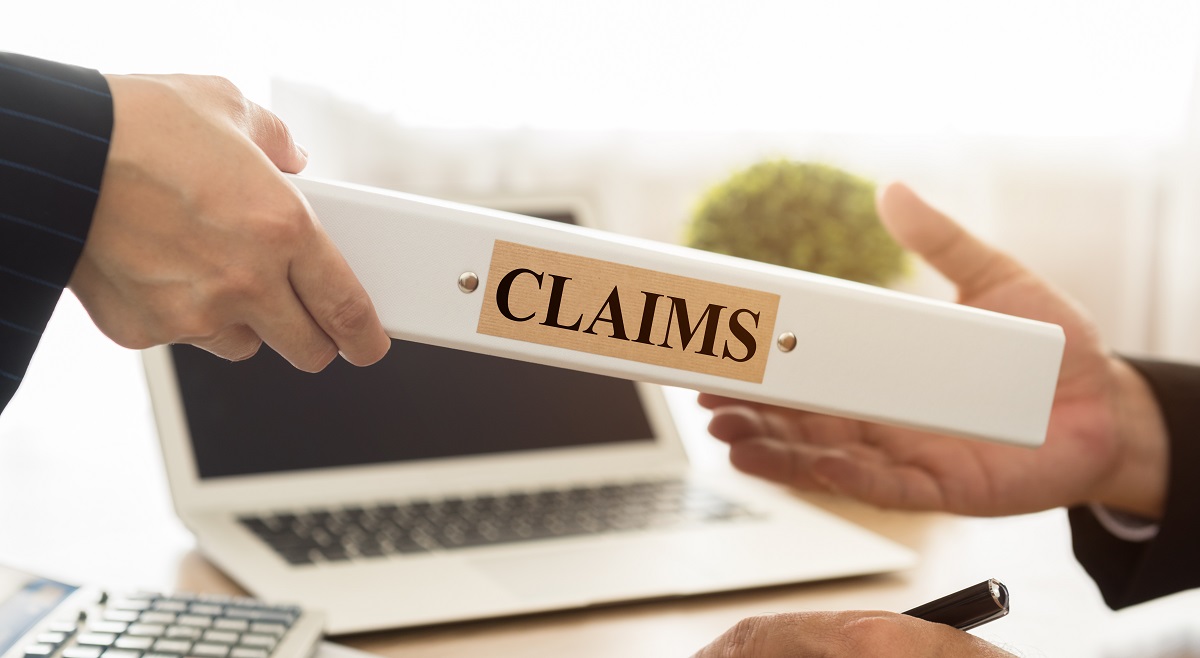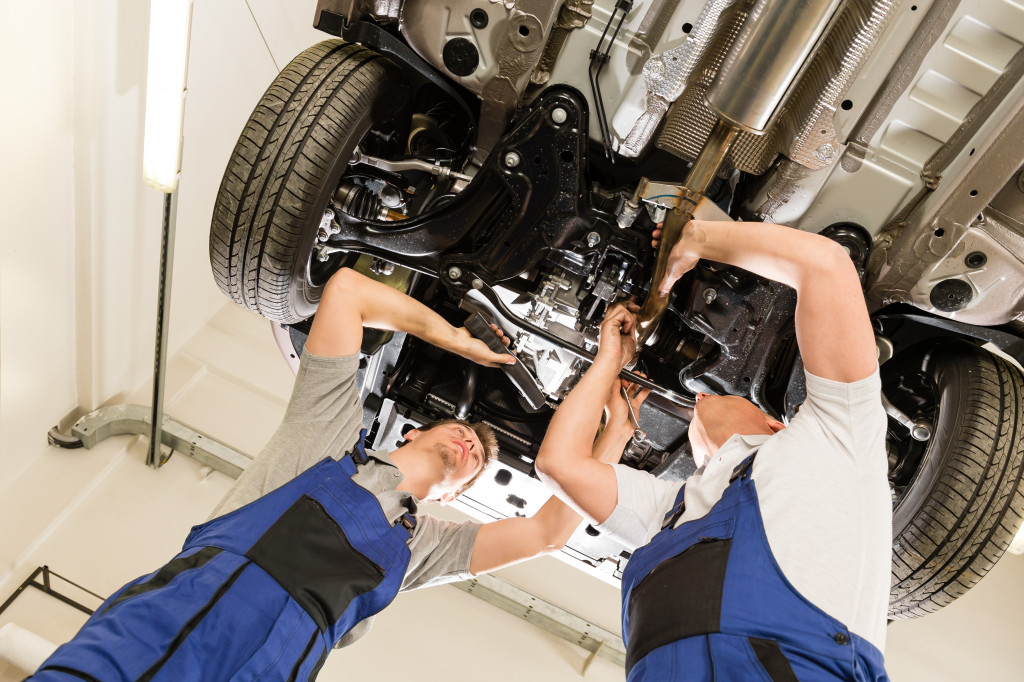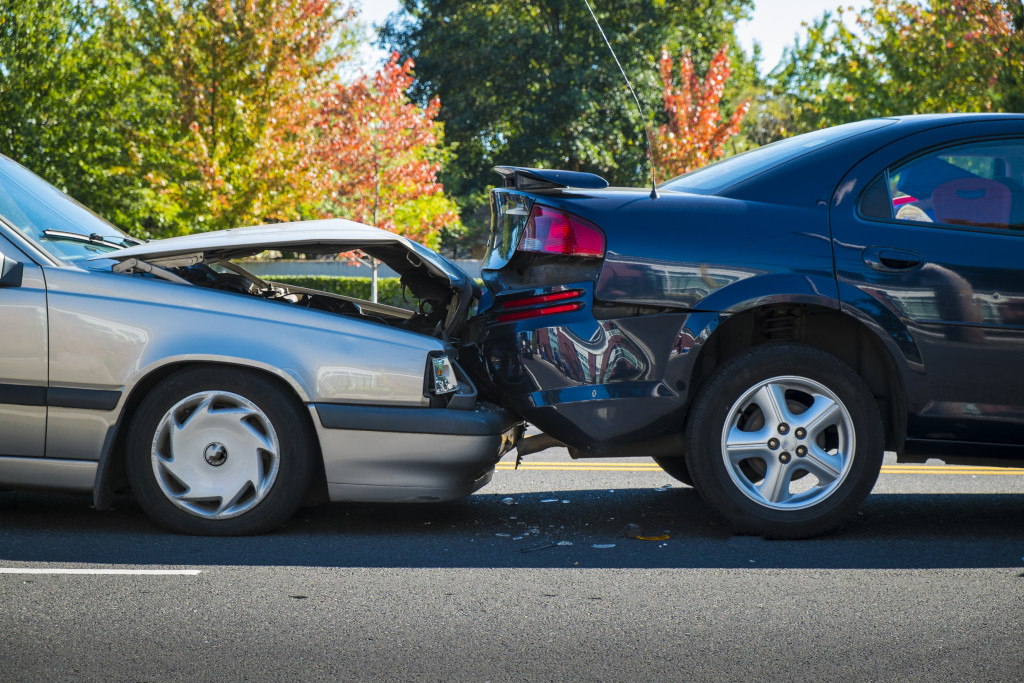- Companies must understand business vehicle accident lawsuits to mitigate risks and protect their interests.
- Knowledge of accident types and their implications aids in managing potential legal and insurance issues.
- Liability, insurance claims, and potential lawsuits are key legal implications to consider post-accident.
- Business owners are responsible for upholding safety measures and complying with legal requirements.
- Employee training, vehicle maintenance, and safety measures are crucial to prevent accidents and legal complications.
Business vehicle accidents can have significant implications for a company’s future, making it crucial for organizations to understand the importance of comprehending business vehicle accident lawsuits. These situations can be stressful and unpredictable, potentially leading to legal consequences that may impact the business’s operations.
In addition, navigating various complexities, such as insurance claims and potential lawsuits, requires a thorough understanding of the legal landscape. By being well-informed and prepared, businesses can effectively respond to accidents, protect their interests, and mitigate potential risks. In such cases, clearly understanding the legal implications is paramount.
Lawsuits arising from business vehicle accidents can have far-reaching consequences, including financial liabilities, reputation damage, and potential legal penalties. It is essential for businesses to recognize the potential severity of these lawsuits and take proactive measures to protect themselves.
By being aware of the legal intricacies and potential issues related to insurance claims, companies can better navigate these challenging situations and minimize the negative impact on their operations. This blog post will provide a comprehensive overview of what businesses can expect when facing a vehicle accident lawsuit and how they can effectively respond.
Types of Vehicular Accidents
There are various types of vehicular accidents that a business owner might face. The most common types include car, truck, and motorcycle accidents. Knowing the specifics of what type of accident occurred is essential, as this could impact the potential legal implications and insurance claims, as the following:
Car Accidents
Car accidents are the most common type of vehicular accidents, occurring when two vehicles collide due to various factors such as distracted driving, speeding, or reckless behavior. While these accidents typically involve only two parties, the consequences can be far-reaching, resulting in property damage, injuries, and even loss of life.
Truck Accidents
Truck accidents are more severe than car accidents due to the size and weight of commercial trucks. It is crucial to clearly understand federal and state regulations and an experienced attorney to handle these kinds of cases. Seeking the assistance of a reputable truck accident law firm can make a significant difference in the outcome of your case.
With their in-depth knowledge and expertise in handling such complex legal matters, they can provide the guidance and support you need to navigate the legal process smoothly.
Motorcycle Accidents
Motorcycle accidents can have severe consequences, causing life-altering injuries or even fatalities. Prioritizing safety and providing comprehensive training to employees are crucial in preventing such accidents. This ensures they have the necessary skills and knowledge to handle motorcycles safely.
Legal Implications
Legal implications depend on the severity and the specifics of the accident. Sometimes, a business owner might face liability claims and negligence accusations. In other cases, a lawsuit might occur to recover damages incurred due to the accident. Here are some potential legal implications that businesses might face:
Liability Issues
The business owner could be legally liable if an employee causes an accident while driving a company vehicle. This applies to situations where the employee was negligent, or the accident occurred during work-related activities. The severity of the accident and resulting damages will determine the business owner’s liability level.
Insurance Claims

Regarding insurance claims, the accident’s specific details and the type of coverage held will influence the outcome. Contact your insurance provider to explore and understand available coverage options.
Gathering necessary information and making informed decisions can greatly impact the claims process and ensure appropriate coverage for your needs.
Potential Lawsuits
If the accident results in significant injuries or fatalities, there is a potential for lawsuits. This can include claims for medical expenses, lost wages, pain and suffering, and other damages. Therefore, it is crucial to have competent legal representation to effectively defend the business owner’s interests and navigate the complexities of the legal system.
Business Owner’s Responsibilities
The business owner has various responsibilities in preventing accidents, maintaining proper safety measures, and complying with legal requirements. The following are some essential responsibilities that every business owner should prioritize:
Duty of Care
As a responsible business owner, prioritizing the duty of care for employees and other drivers is crucial. This includes maintaining all vehicles and diligently installing and regularly checking necessary safety features. These measures demonstrate your commitment to providing a safe environment for everyone involved.
Settlement Negotiations
In a lawsuit, the business owner may negotiate a settlement to resolve the matter outside court. This saves time, costs, and potential disruptions to business operations. Engaging an experienced attorney is crucial to navigating these negotiations successfully.
Employee Training
In order to ensure a safe working environment and prevent accidents, it is crucial to provide comprehensive employee training. This encompasses a range of measures, including driver education classes, specialized certifications, implementation of additional safety protocols, and hands-on practical training sessions.
Maintenance and Safety Measures

To ensure safety, it’s crucial to maintain vehicles and their safety features properly. This includes regular inspections and maintenance of critical components like brakes, tires, and other essential parts. By attending to these details, you can enhance overall vehicle safety and reliability, giving peace of mind to drivers and passengers.
Business vehicle accidents can have significant implications for a business and business owner. Understanding the types of accidents, potential legal implications, and how to respond appropriately can mean the difference between a swift resolution and extensive litigation.

